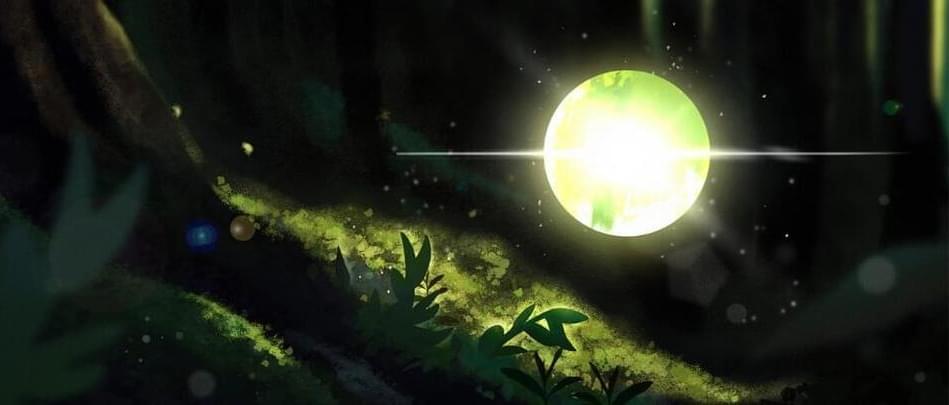During photosynthesis, a symphony of chemicals transforms light into the energy required for plant, algal, and some bacterial life. Scientists now know that this remarkable reaction requires the smallest possible amount of light – just one single photon – to begin.
A US team of researchers in quantum optics and biology showed that a lone photon can start photosynthesis in the purple bacterium Rhodobacter sphaeroides, and they are confident it works in plants and algae since all photosynthetic organisms share an evolutionary ancestor and similar processes.
The team says their findings bolster our knowledge of photosynthesis and will lead to a better understanding of the intersection of quantum physics in a wide range of complex biological, chemical, and physical systems, including renewable fuels.
